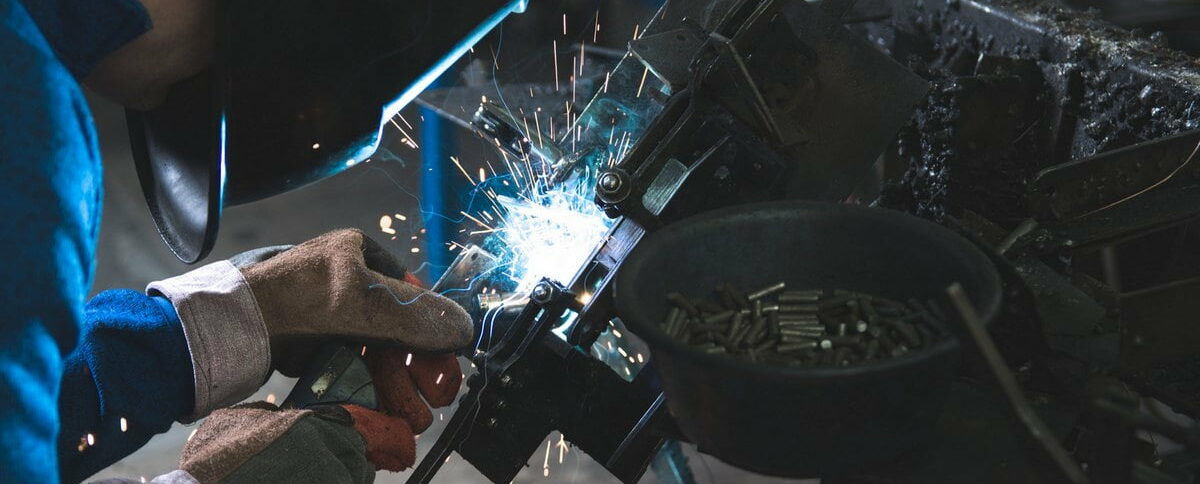The largest reservoir of bacterial pathogens in a long-term care facility is not on the toilet seats, push bars or handrails — it's on the floors and carpets. That is why experts across the cleaning industry strongly suggest custodial staff, supervisors and facility managers enact and embrace programs to clean and properly maintain vacuums, extractors and interim cleaners in order to prevent the growth and spread of dangerous bacteria.
To begin building a process and creating the culture to address the issue, custodial staff and officials at a long-term care facility should complete an audit documenting current cleaning practices. The audit can be used to set short-term and long-term priorities, such as creating a machine-cleaning program. An assessment of the cleanliness of the facility's carpets and machines using an adenosine triphosphate (ATP) test can also provide valuable data.
The first step after an audit and assessment is educating and training the custodial staff on where pathogens live, how they are spread and what cleaning procedures kill them, says Mike Sawchuk, founder of Sawchuck Consulting, Ontario, Canada. A review of cleaning, sanitizing and disinfecting processes may also be in store.



